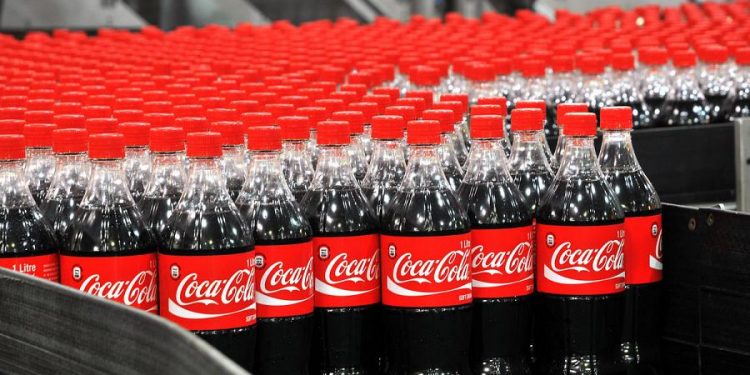The High Court dismissed a lawsuit filed by the Kenya Revenue Authority (KRA) against Coca-Cola, in which they aimed to recover a sum of KES 900 million.
Justice Chacha Mwita has affirmed the verdict of the Tax Appeals Tribunal, preventing the KRA from requiring Coca-Cola Central East and West Africa Limited to pay taxes.
The matter concerned a disagreement over the refund of Value Added Tax (VAT) on export services, specifically promoting and marketing the beverage brands in Kenya, through vernacular media stations and roadshows.
The judge affirmed the tribunal’s conclusion that the beverage manufacturer had paid the contentious VAT in the USA as per the service agreement between Coca-Cola Africa and Coca-Cola Export.
This agreement was initiated by Coca-Cola Export, headquartered in the USA, to advertise the beverage brands to potential customers in Kenya through Coca-Cola Africa.
I, therefore, agree with the Tax Appeals Tribunal that in accordance with the destination principle, this was an export service, and the USA had taxing rights. The dispute started after Coca-Cola Africa applied for a refund of input VAT in 2017 for KES 903,182,037.
Justice Chacha Mwita – High Court Judge
During the period from April 2014 to June 2016, the beverage manufacturers conducted customized advertising in local dialects through media, roadshows, and brand activation.
The Commissioner of Domestic Taxes conducted an audit on their VAT returns and found that KES 725,082,158 was disallowed from the claim for input VAT due to undeclared output tax on locally consumed services and sales.
Coca-Cola Africa argued that the services supplied to the Export were exempt from VAT as they were exported services.
However, the Commissioner upheld his decision that marketing and promotion services were subject to VAT at a general rate of 16 per cent.
The beverage manufacturer objected and the dispute went to a tribunal. Mr Van Der Part, a witness for Coca-Cola Africa, argued that charging VAT on business-to-business marketing services would result in double taxation.
The Commissioner argued that the marketing and promotion services were consumed in Kenya and thus subject to VAT.
Justice Mwita’s judgment stated that consumers in Kenya did not receive any service from Coca-Cola Africa during the marketing process.
Consumption, if any, would come in only after Coca-Cola Export decided what to do with the brands that had been marketed and promoted, or if the brands were offered for sale usually on a future date.
Justice Chacha Mwita – High Court Judge
The tribunal ruled that although there were marketing and promotion activities in Kenya, there was insufficient evidence to support the claim that every person who saw the advertisements actually bought the beverage.
The tribunal also upheld the idea that the target audience for the advertising and promotion services was the Kenyan public, but ultimately the benefit was received by Coca-Cola Export to boost their sales.
Read Also: French Court Dismisses Case Against TotalEnergies Over Oil Projects in East Africa




